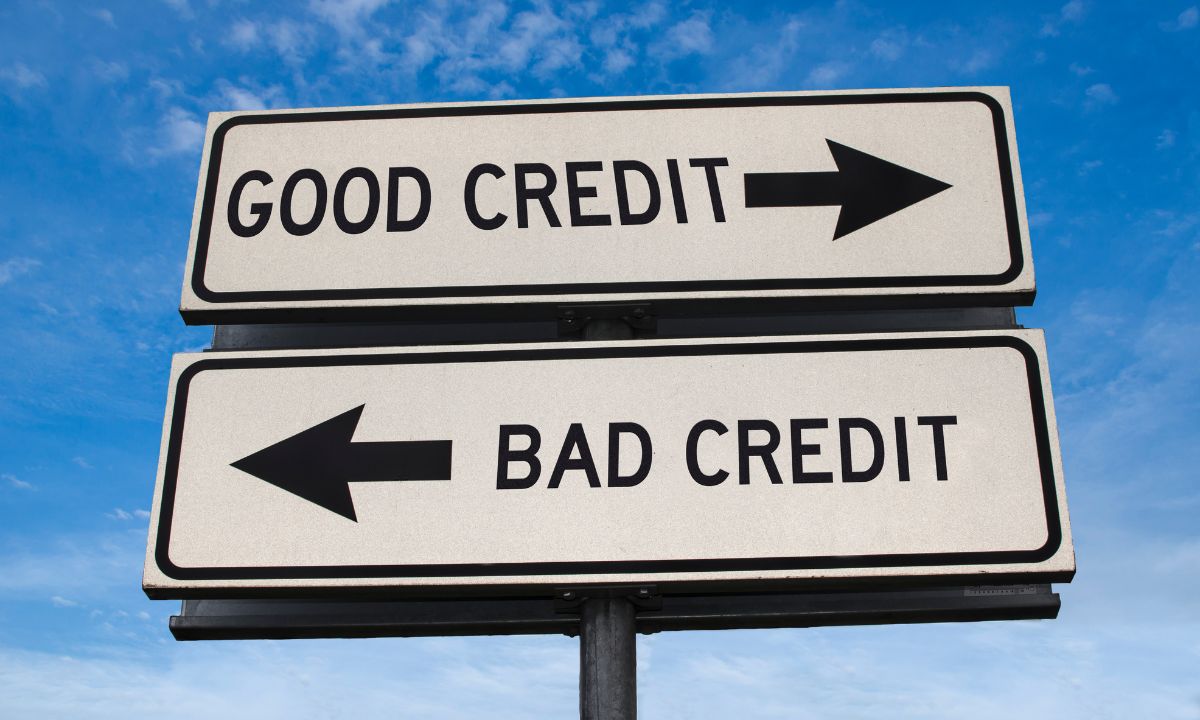 When buying a home, negotiating the purchase price is a key part of the process. While factors such as market conditions, comparable sales, and property condition play a role, a home’s history can also impact its value. If the property has a notable past such as prior fire damage, flooding, structural issues, or even stigmatized events it can provide leverage for buyers to negotiate a better deal. Here’s how to approach negotiations when a home’s history is a concern.
When buying a home, negotiating the purchase price is a key part of the process. While factors such as market conditions, comparable sales, and property condition play a role, a home’s history can also impact its value. If the property has a notable past such as prior fire damage, flooding, structural issues, or even stigmatized events it can provide leverage for buyers to negotiate a better deal. Here’s how to approach negotiations when a home’s history is a concern.
Understanding the Impact of a Home’s History
A home’s past can significantly influence its market value and desirability. Buyers may be hesitant to purchase a home with known issues, giving those who are willing to move forward a stronger negotiating position. Some key factors to consider include:
- Structural or Environmental Damage: Previous fire, flood, or mold damage may have lasting effects, even if repairs have been made. Buyers should request full disclosure and inspect the home thoroughly.
- Legal or Financial Issues: Foreclosures, liens, or zoning violations can create complications that may make a seller more willing to negotiate.
- Stigmatized Property: If a home was the site of a crime, death, or other event that may deter buyers, it could affect its resale value and provide an opportunity for negotiation.
- Past Renovations or Repairs: If the home has undergone major repairs, understanding the quality of the work and whether proper permits were obtained can impact its value.
How to Use the Home’s History to Negotiate
If the home’s past raises concerns, use the following strategies to negotiate a better purchase price:
- Do Your Research
Gather as much information as possible about the home’s history. Review property records, request seller disclosures, and look into local news archives if necessary. A home inspection can also reveal hidden issues that may not be immediately apparent. - Request Repair Documentation
If the home has been repaired after damage, ask for records of the work performed, including permits and warranties. If there is missing documentation or questionable repairs, this can be a reason to request a price reduction. - Highlight Buyer Hesitation
If the home’s history is likely to deter other buyers, use that as leverage. Sellers may be more willing to negotiate if they have struggled to find interested buyers. - Obtain Professional Inspections
A detailed inspection can uncover underlying problems that may not have been fully addressed. Use the inspection report to negotiate repairs, credits, or a lower purchase price. - Leverage Market Conditions
If the home has been sitting on the market for an extended period, or if it’s a buyer’s market, sellers may be more willing to negotiate to close the deal. - Consider Future Resale Value
If the home’s history could impact its future resale value, factor that into your negotiations. If there is a risk of difficulty selling the home later, request a lower price upfront to compensate for the potential challenges.
When to Walk Away
While negotiating based on a home’s history can lead to a better deal, not all properties are worth the risk. If inspections reveal major structural problems, environmental hazards, or ongoing legal issues, it may be best to reconsider the purchase. A discounted price does not always justify future complications or costly repairs.
A home’s history can be a powerful negotiation tool when purchasing a property. Whether dealing with past damage, legal complications, or a stigmatized history, buyers should use due diligence to ensure they are making a sound investment.
By leveraging the property’s past, obtaining thorough inspections, and understanding market conditions, buyers can secure a better deal while protecting their long-term financial interests.
 Buying a home is a major milestone, but it can also be overwhelming. Understanding the process will help you navigate each step with confidence. Here’s a simplified guide to buying a home:
Buying a home is a major milestone, but it can also be overwhelming. Understanding the process will help you navigate each step with confidence. Here’s a simplified guide to buying a home: Renting a home is a good option for some, but buying a home just might be the best thing for you. When you rent a home, you send money to someone else every month in exchange for knowing that you can call on your landlord when the roof leaks, an appliance stops working or your bathroom faucet breaks.
Renting a home is a good option for some, but buying a home just might be the best thing for you. When you rent a home, you send money to someone else every month in exchange for knowing that you can call on your landlord when the roof leaks, an appliance stops working or your bathroom faucet breaks. When it comes to selling a home, it is a common belief that once the offer is accepted, there is nothing else to be negotiated. However, issues and obstacles that can arise during the home inspection can be a cause for discussion with the seller. Whether you’re currently searching for houses or your offer has already been accepted and you’re preparing for the next step, here are some tips in the event that the home inspection isn’t up to par.
When it comes to selling a home, it is a common belief that once the offer is accepted, there is nothing else to be negotiated. However, issues and obstacles that can arise during the home inspection can be a cause for discussion with the seller. Whether you’re currently searching for houses or your offer has already been accepted and you’re preparing for the next step, here are some tips in the event that the home inspection isn’t up to par. When thinking about homeownership, a perfect credit score often seems like the golden ticket. But what if your credit history isn’t picture-perfect? Don’t worry; buying a home with bad credit is still within reach. With careful planning and strategic moves, you can turn your dream of homeownership into a reality. Here are some valuable tips and insights to guide you through the process:
When thinking about homeownership, a perfect credit score often seems like the golden ticket. But what if your credit history isn’t picture-perfect? Don’t worry; buying a home with bad credit is still within reach. With careful planning and strategic moves, you can turn your dream of homeownership into a reality. Here are some valuable tips and insights to guide you through the process: Obtaining a mortgage can seem to be filled with perplexing terms and concepts. Don’t worry, though – we’re here to decode the complexities and make it easy for you to navigate the mortgage landscape with confidence. Let’s break down some of the most common and confusing terms in simple, easy-to-understand language.
Obtaining a mortgage can seem to be filled with perplexing terms and concepts. Don’t worry, though – we’re here to decode the complexities and make it easy for you to navigate the mortgage landscape with confidence. Let’s break down some of the most common and confusing terms in simple, easy-to-understand language.